In a recent episode of his “Club Random” podcast, comedian Bill Maher sparked a heated debate by calling Democratic leaders of sanctuary cities “hypocrites” for their handling of the ongoing border crisis. Joined by former TV anchor Katie Couric, the conversation delved into the complexities of immigration, media bias, and the perspective of Trump voters.
Maher: Sanctuary City Hypocrisy Exposed
Bill Maher pulled no punches as he criticized the response of Democratic leaders in cities like New York and Chicago when faced with an influx of migrants. He argued that their reactions sounded surprisingly similar to those of Republicans, despite their self-proclaimed status as “the good people” when it comes to immigration.

Maher’s comments shed light on the apparent disconnect between the rhetoric of sanctuary cities and their actions when directly confronted with the realities of the border crisis. This observation sparked a broader discussion about the challenges faced by border towns and the lack of attention given to their plight by the media and politicians.
Couric: A Friend’s Perspective on DeSantis and Abbott’s Actions
Katie Couric shared an anecdote about her friend in Florida who “loved” the actions of Republican Governors Ron DeSantis and Greg Abbott in sending migrants to places like New York City and Martha’s Vineyard. The friend felt that these moves were a way to force politicians to acknowledge and address the issues faced by border communities.
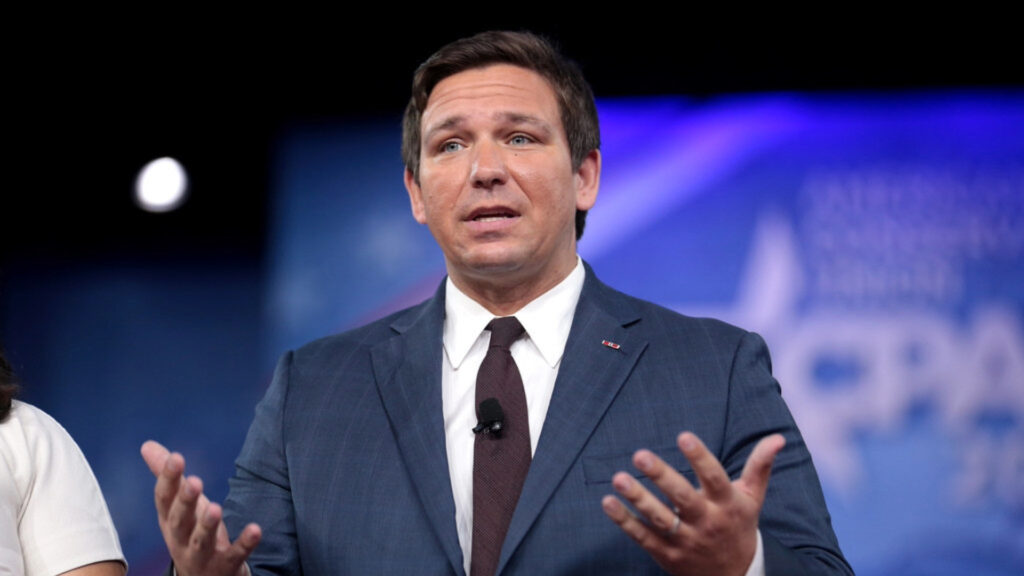
Couric’s story highlighted the frustration felt by many Americans who believe that the concerns of border towns have been largely ignored by those in power. The actions of DeSantis and Abbott, while controversial, have undoubtedly brought the border crisis to the forefront of the national conversation.
Maher: Republicans Called the Democrats’ Bluff
Bill Maher argued that by sending migrants to sanctuary cities, Republicans like Abbott and DeSantis had effectively called the bluff of Democratic leaders. He compared this to the Democrats’ tactics in challenging Republicans on immigration bills, suggesting that both sides are guilty of political maneuvering.
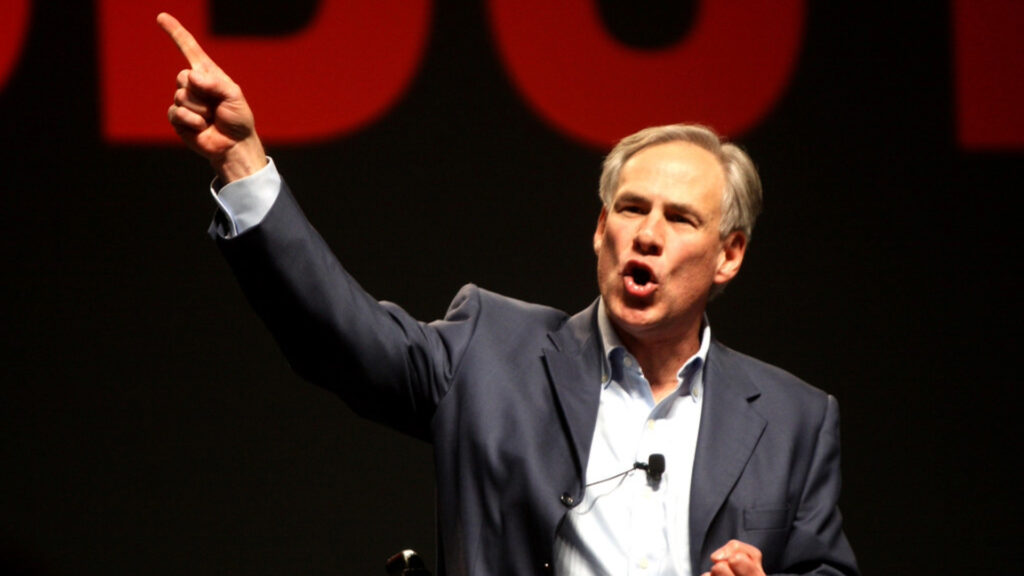
Maher’s commentary underscores the complex nature of the immigration debate and the need for genuine, bipartisan solutions. By exposing the hypocrisy on both sides of the aisle, he encourages a more honest and productive dialogue on the issue.
The Changing Face of Media Bias
The conversation between Maher and Couric also touched on the evolving landscape of media bias. Maher expressed his disillusionment with once-trusted outlets like CNN and The New York Times, claiming that they now report from a more “activist” perspective rather than maintaining their former neutrality.
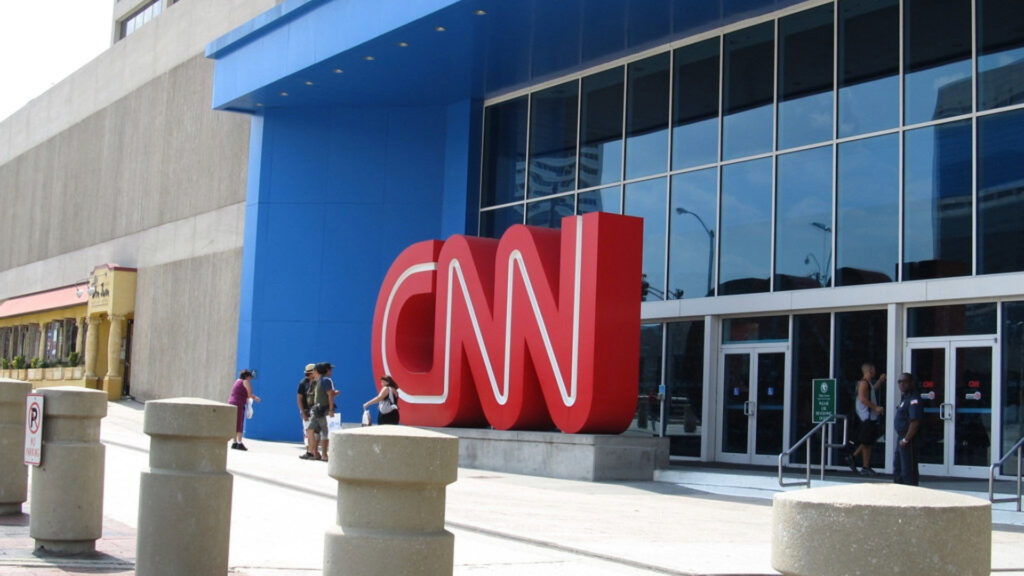
Couric, however, questioned whether a truly objective press ever existed. The discussion highlighted the challenges faced by the media in the era of “fake news” and the importance of critical thinking when consuming information from any source.
Trump’s Impact on Media Fact-Checking
Both Maher and Couric acknowledged that former President Trump’s penchant for falsehoods had put the media in a difficult position. Couric argued that Trump’s actions had compelled the press to be more aggressive in their fact-checking efforts, while Maher expressed fatigue with the constant negative coverage of the former president.
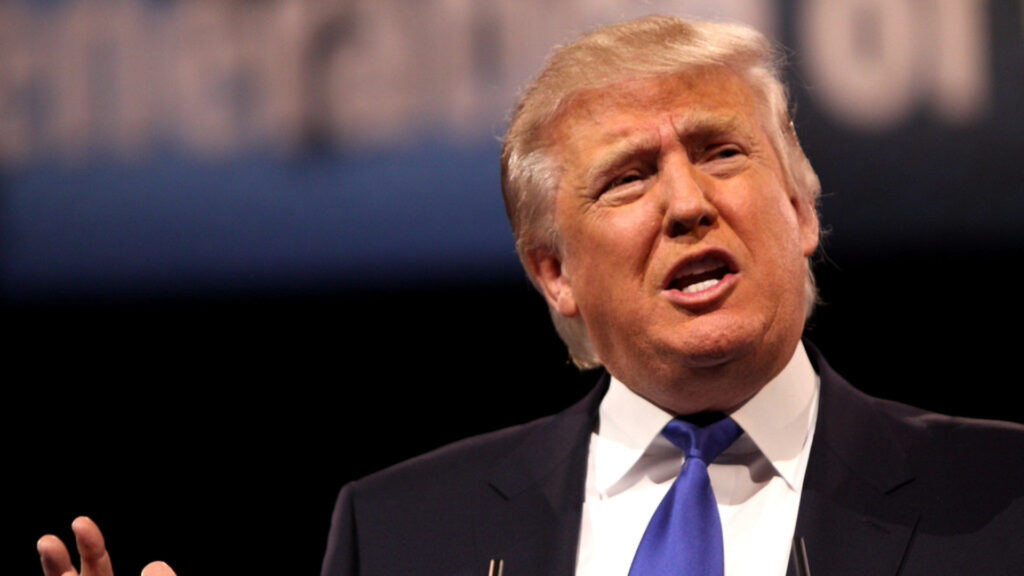
The exchange between Maher and Couric underscored the ongoing debate about the media’s role in holding public figures accountable and the fine line between objective reporting and activism.
Understanding the Trump Voter’s Perspective
Maher emphasized the importance of understanding the perspective of the typical Trump voter, even if one disagrees with their choice. He argued that many supporters view Trump as a bulwark against what they perceive as “madness” from the other side, citing issues like gender ideology in schools and anti-Trump sentiment in the media.
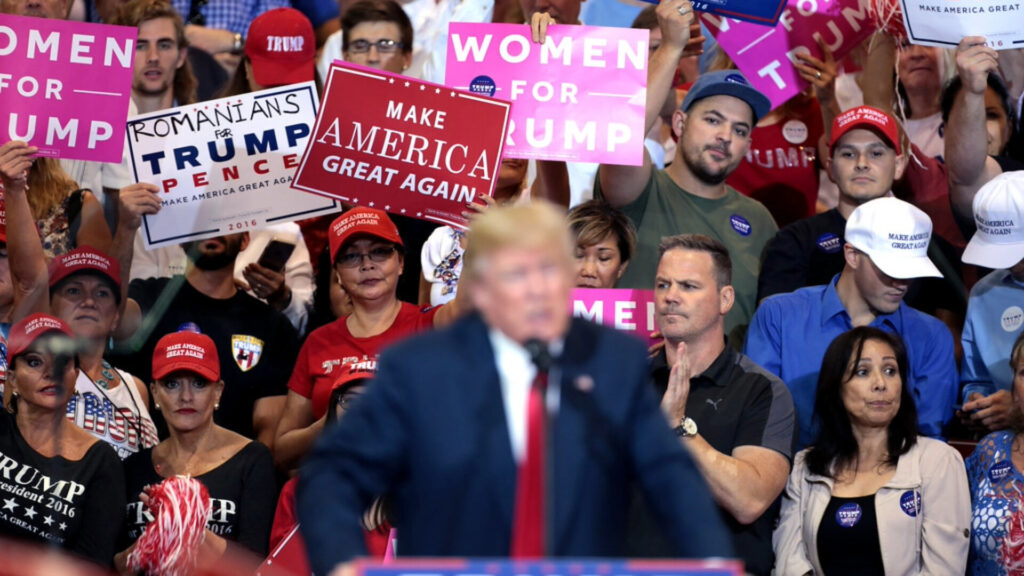
By shedding light on the motivations behind Trump’s continued support, Maher encourages a more empathetic approach to political discourse. He suggests that the media should strive to present this perspective, fostering a more inclusive and nuanced conversation.
The Need for Balanced Media Coverage
Maher’s call for the media to present the Trump voter’s perspective highlights the need for more balanced coverage of political issues. By understanding the concerns and motivations of all sides, the media can play a crucial role in bridging the divide and fostering meaningful dialogue.
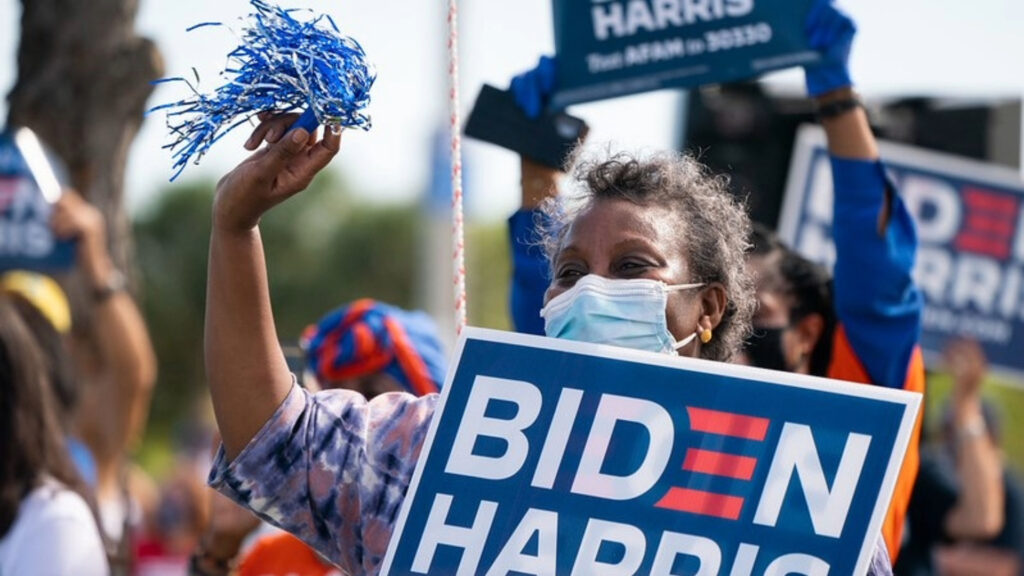
As the conversation between Maher and Couric demonstrates, the path to a more united and informed society begins with a willingness to listen, understand, and engage with those whose views may differ from our own.
The Importance of Bipartisan Solutions
The discussion of sanctuary city hypocrisy and the border crisis underscores the urgent need for bipartisan solutions to immigration. Rather than resorting to political grandstanding and finger-pointing, leaders from both parties must come together to develop comprehensive, compassionate, and practical policies that address the root causes of the issue.
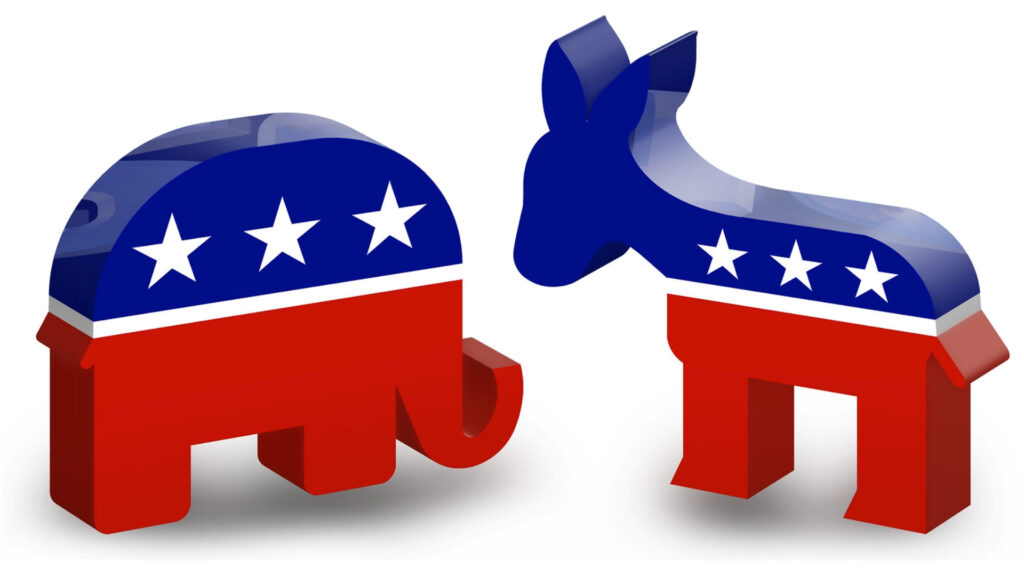
By acknowledging the challenges faced by border communities and working collaboratively to find solutions, politicians can begin to restore trust in the political process and create a more just and equitable system for all.
The Role of Comedy in Political Discourse
As a comedian, Bill Maher’s ability to tackle serious issues with humor and wit serves as a reminder of the important role that comedy can play in political discourse. By using laughter to disarm and engage, comedians like Maher can help break down barriers and encourage more open and honest conversations about the challenges facing our society.
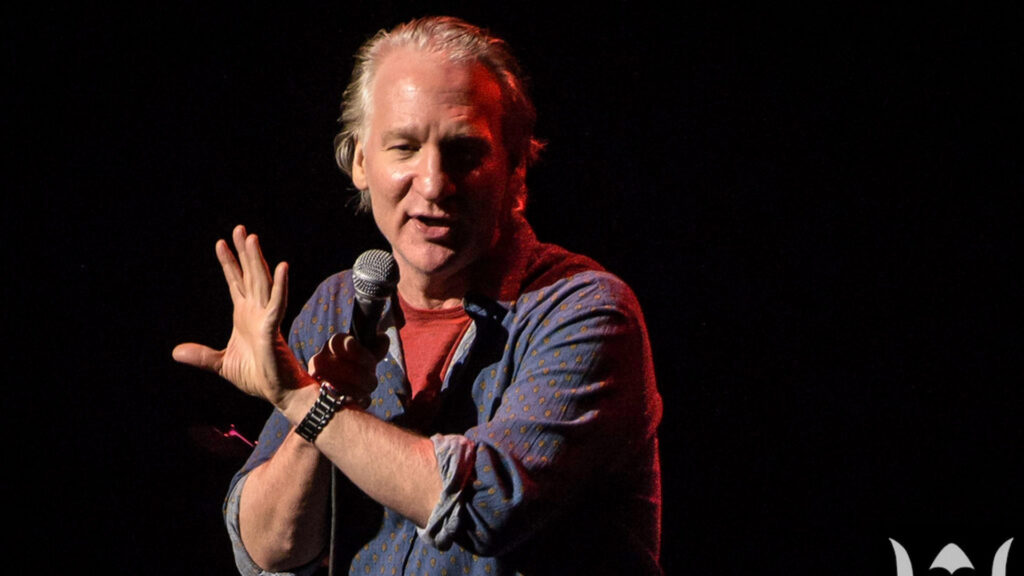
Through his podcast and other platforms, Maher continues to use his unique voice to shine a light on hypocrisy, challenge assumptions, and push for a more informed and engaged citizenry.
The Power of Personal Anecdotes
Katie Couric’s story about her friend in Florida serves as a powerful reminder of the importance of personal anecdotes in shaping our understanding of political issues. By sharing the experiences and perspectives of everyday Americans, we can gain a more nuanced and empathetic view of the challenges facing our nation.

As the conversation between Maher and Couric demonstrates, the power of personal stories can help to bridge the divide and foster a more compassionate and inclusive political discourse.
The Evolving Nature of Political Debate
The exchange between Maher and Couric highlights the ever-evolving nature of political debate in the United States. As new issues emerge and old ones take on new dimensions, we must remain open to new perspectives and willing to engage in honest, constructive dialogue.

By embracing the complexity and nuance of the challenges facing our nation, we can work towards building a more just, equitable, and united society for all.
The Responsibility of Public Figures
As public figures with significant platforms, individuals like Bill Maher and Katie Couric have a unique responsibility to use their voices to inform, engage, and challenge their audiences. By tackling difficult issues with honesty, compassion, and a commitment to the truth, they can help elevate the political discourse and inspire positive change.
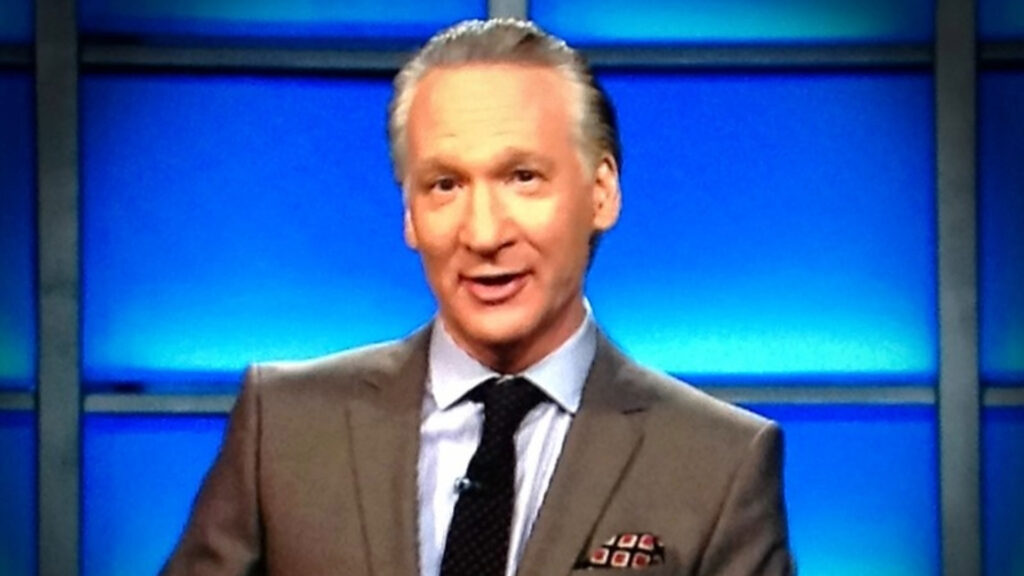
The conversation between Maher and Couric serves as a powerful reminder of the role that public figures can play in shaping the national conversation and driving progress on the most pressing issues of our time.






GIPHY App Key not set. Please check settings